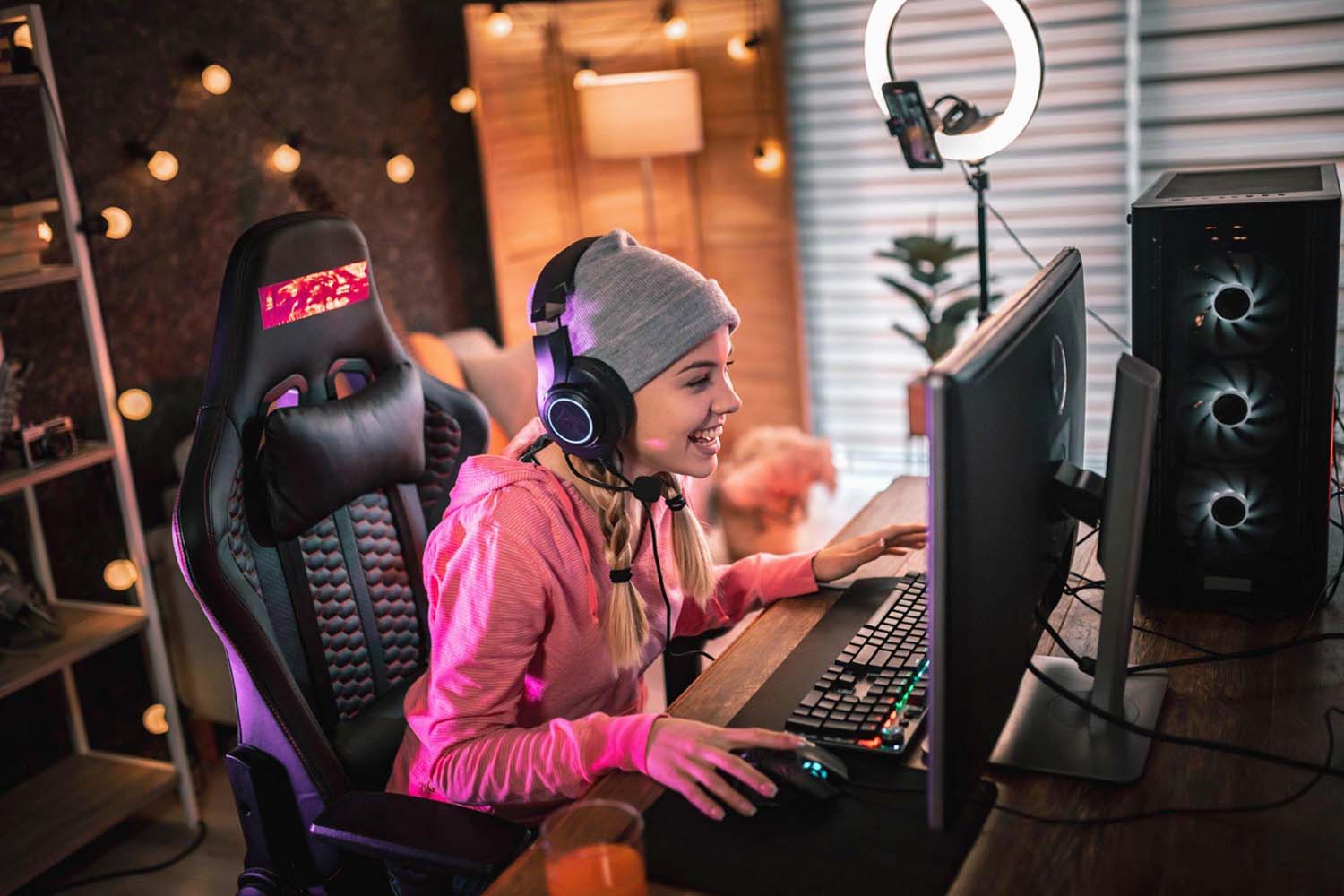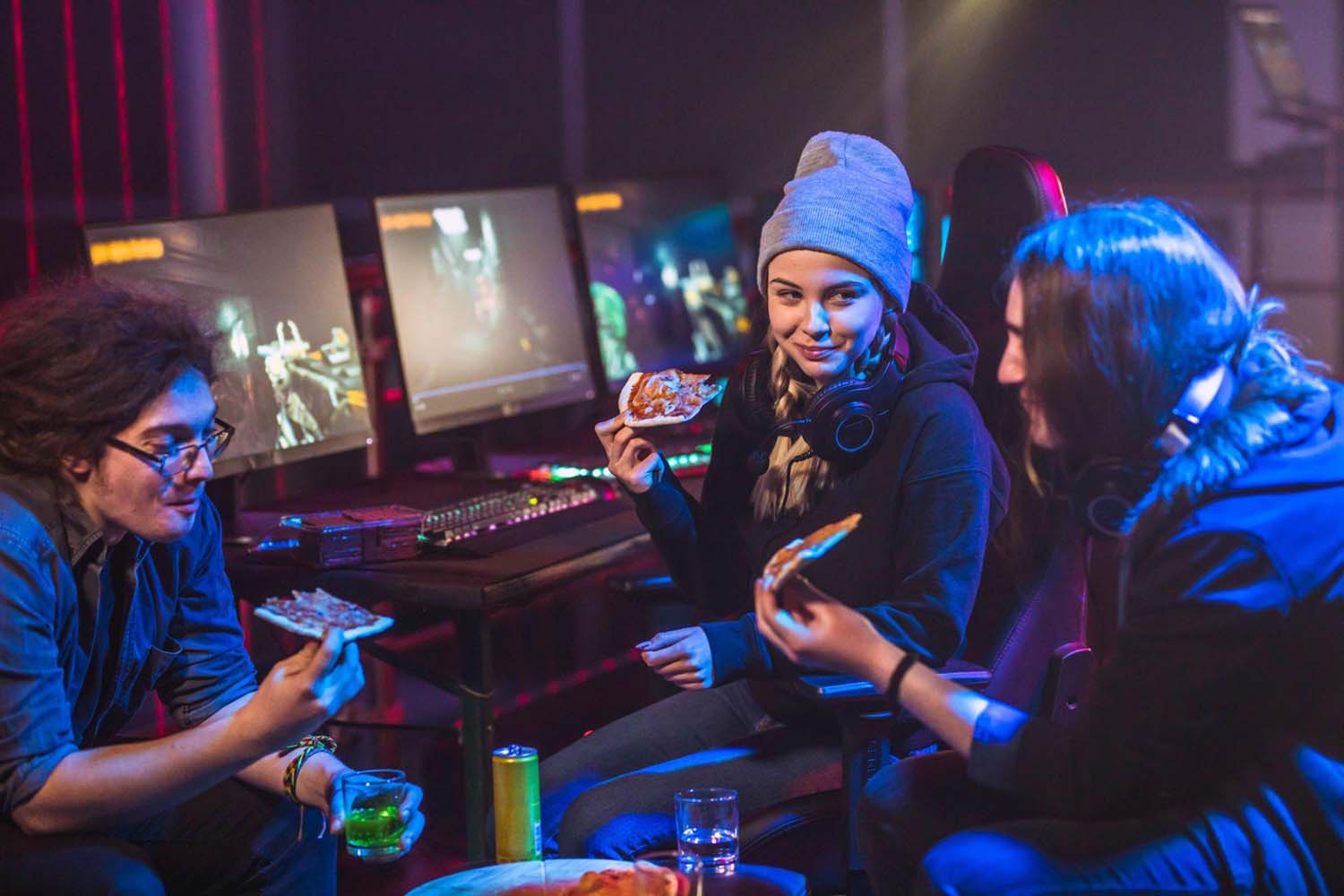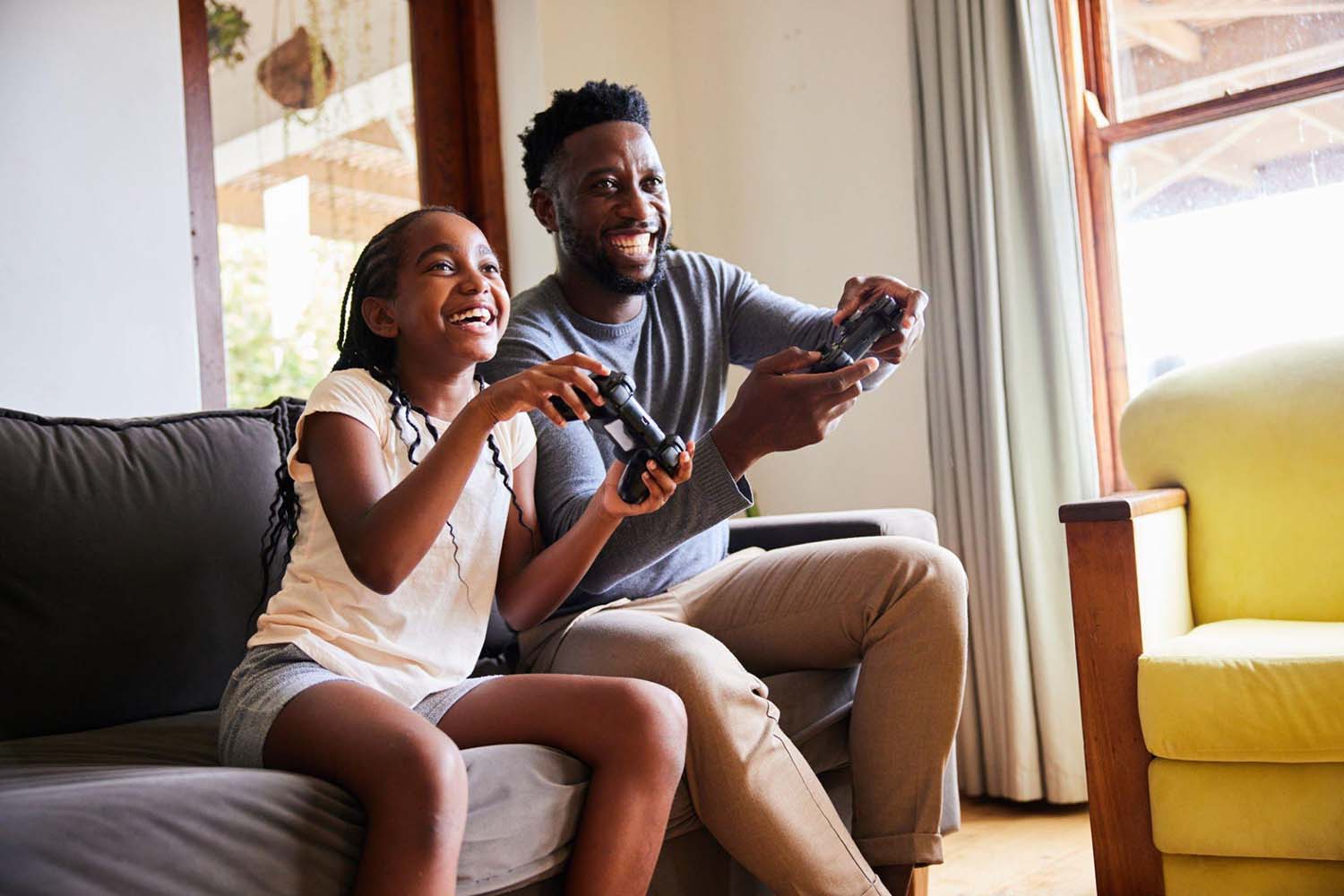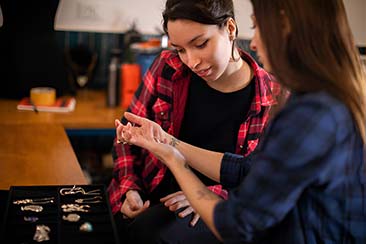We all know that gaming is fun. For a little while you can immerse yourself in a world where you get to be someone, or something else. There’s the opportunity for adventure, playing sports at a high level, or squaring off against enemies in the arena. While this is the attraction of gaming, you might not have realised that there are benefits to you or your child sitting down in front of a screen for a few hours.

It’s a Workout For Your Brain
While playing video games might not be great for your body, they certainly give your brain a workout. Several studies have shown the cognitive benefits of gaming, including memory, multitasking, and problem-solving. So, when you’re sitting there blasting away bad guys, you are actually getting sharper and more creative.
There has been a lot of research about this for children and adults. Video games can act as a stimulant, and build connections within the brain. Like muscles when you exercise, you are building grey matter while you are playing. The parts of your brain that are most affected are spatial orientation, organisation, fine motor skills, and memory. Playing for only 30 minutes a day can actually make your brain bigger.
There may be benefits for those who live with Alzheimer’s or who have a brain injury. Playing video games may actually “heal” their brain or slow the damage. Fast-paced games where players have to think quickly and react fast increased the size of the parts of the brain that deal with social behaviour, planning, short and long-term memory, and fine motor skills.
Hand-Eye Coordination
People who play games have been found to have better hand-eye coordination than those who don’t. These skills are called sensorimotor skills and are related to activities such as typing, bike riding, playing catch, and any number of tasks that involve the coordination between your eyes and your hands. It makes sense.
Video games are almost entirely about hand-eye coordination and getting your hands to quickly process what you are seeing and reacting. This study shows that when the players started out, there was no difference between them when it came to performing the task. However, over time the video game group became faster and more accurate than the non-video game group.

Problem-Solving
When you play games, you are constantly problem-solving. This can help you in the real world, where you’re regularly solving problems and making decisions. The more complex the game, the better it is.
When you play a game where you have to go on missions in an open world, you are solving a puzzle each time. It may take hours or days, but you work at it until you figure out the ideal way to assassinate your target, rescue the princess, or find the treasure. You start out with one strategy, and then you modify it and try different strategies until you hit on the right way.
It trains your brain to look at a problem from different angles and perspectives to find the solution that works best.
Decision-Making
Indecisiveness can be devastating for some people. When they are faced with a difficult decision, they shut down and avoid making it. This can have serious social and professional consequences. However, playing games may make us better decision-makers.
The best video games allow us to make faster decisions, with higher accuracy, and with better outcomes than non-game players. The best games for improving your decision-making are action games. In these games, you are making decisions at all times.
What move should you try based on your enemy? Should you run away? What direction do you go next? All of these decisions that you are making in a game have consequences, and you have to quickly assess those consequences and come up with the best option.

They Can Inspire Learning
Certain games may inspire children to want to learn more about a subject. For instance, games that are based on real historical events may encourage a child to seek out more information on the event itself, and by extension the geography, culture, and politics of the time. This phenomenon works best if the parents are on the lookout for these learning opportunities.
Children might not know that they are playing a game that they can learn from. For instance, games based on mythology can get kids going down a rabbit hole of everything that is tied up with those myths. There are the language, the cultural rituals, the real-world history, and how that mythology affected the people of the time in a very real way.
Vision
This one may seem strange since staring at a screen for long periods of time is not generally considered good for your eyesight. While that’s true, gaming is associated with a better vision provided you don’t play for too long at a time, and you don’t sit too close to the screen.
In one study, they showed that video game players were more likely to pick out objects in cluttered spaces. Their spatial resolution was better developed, and their brains had been trained to pay attention to details since the games they played required it.
Social Skills
Sitting at home in the dark by yourself is not usually associated with developing social skills. Unfortunately, that can be true for certain games. However, some games can help you with your social skills. For instance, there are games where you have to work with other players to devise plans of attack and strategies. This will get you used to working and cooperating with others to accomplish a goal.
They also provide prosocial opportunities. For example, kids can bond at the lunch table, and adults can bond at the water cooler by talking about games. There are esports competitions involving large groups of people, and social media platforms dedicated to gaming. Games are getting more and more social, however, you should try to avoid spending too much time gaming, especially in isolation at home.
Games have been around for 50 years, and from the beginning, some have been concerned about how they might negatively affect kids and adults alike. While games can be detrimental to certain cognitive and physical functions, that is only if you overdo it with your play. There are some hidden ways that playing video games can be beneficial, and they may have a positive effect.








